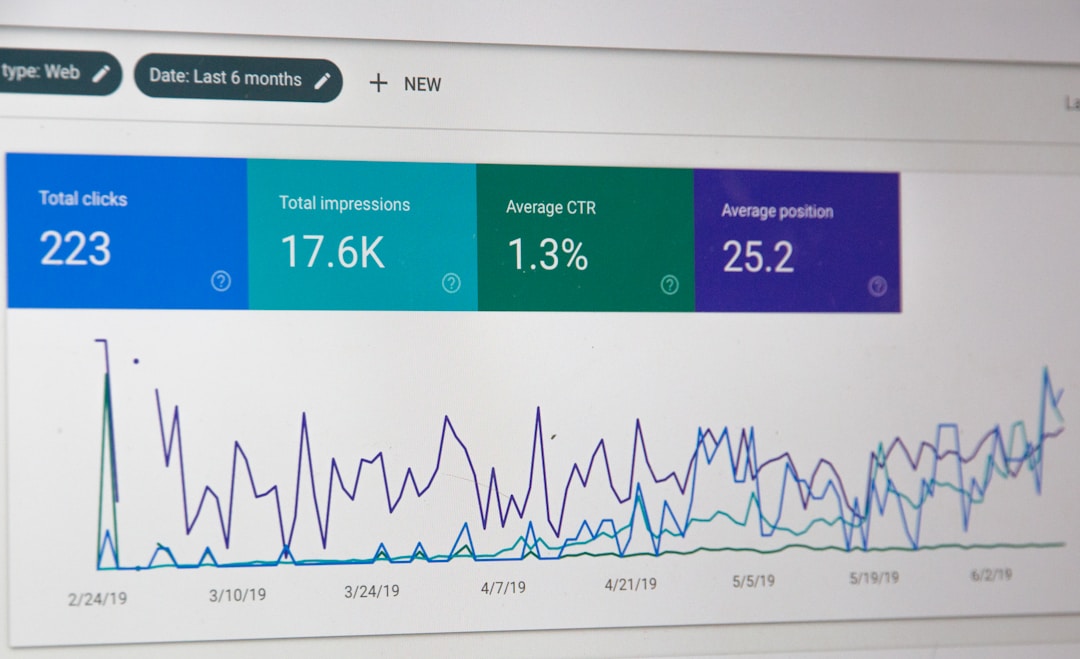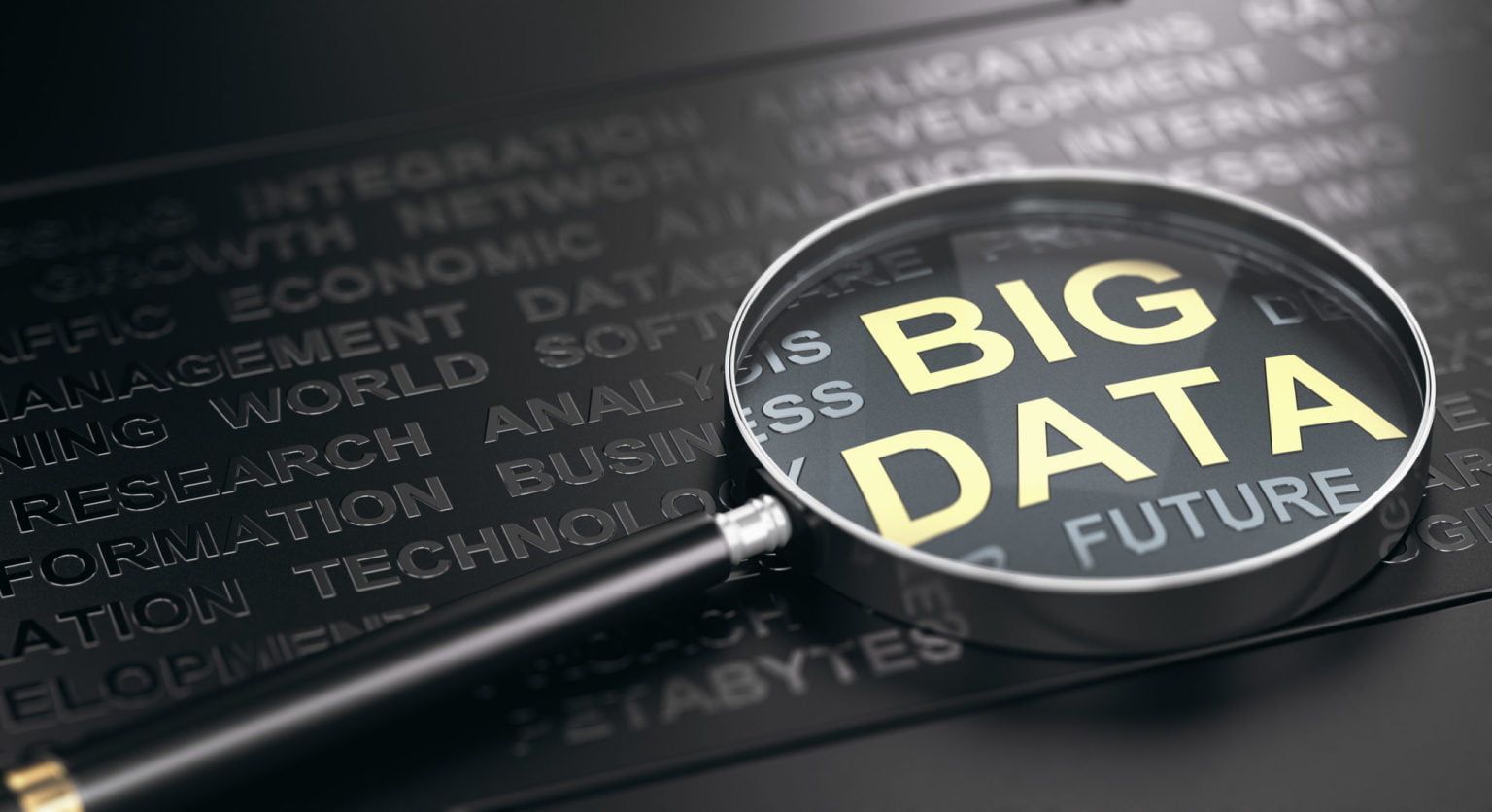In recent years, new technologies have been introduced utilizing big data for online research and analysis. Using algorithms and analytics, a multitude of industries can gather invaluable business intelligence for various benefits. Pragmatically, organizational expansion and demographic outreach are among the most common uses for big data. However, analytics analysis can be applied in a variety of settings well outside the most obvious markets. Here, we will look at four data service applications outside the tech industries and how organizations can improve their self-assessments, workflow, and overall customer experience by using that knowledge.
1. Market Analysis and Demographic Outreach

The most common application of data sets’ analysis is for market research and demographic outreach. Each time a consumer goes online to conduct their own research of new products, goods, and services, the data sets comprised of their preferences, feedback, and historical data leave behind a valuable trail of business intelligence. Through consolidation and analysis of this external data, an organization can efficiently find its core demographic. This data access allows the business to study the competition’s marketing strategy first-hand, providing market analysis and risk management in real-time. By viewing data as a service companies‘ greatest asset, integration of data management becomes a crucial aspect of information application, benefiting both the company and the customer.
2. Medicine and Behavior Research
Data service can be an enormous aid to Applied Behavior Analysis (ABA) outside the markets of various tech industries. For those data scientists who specialize in researching human behavior, data service can be a crucial tool. Behavior analysts who gather information for medical practitioners can transform this data product into textbook use cases. For example, clinical behavior analysis can be applied to various areas, including Autism Spectrum Disorder and special education.
In the United States, online Applied Behavior Analysis programs and related online Master’s Degrees and certificate programs have become increasingly popular. As research into Autism and other developmental disabilities have come to the forefront of healthcare and the U.S. news, many colleges now integrate ABA program course sequences among the academic requirements for eligibility in Psychology graduate degrees. Many certificate programs also include behavior analysis ABA concentration into the education requirements. Many special education teachers and social workers add behavior analysis certificate programs into their Master of Education degree programs as an asset to their future fieldwork.
However, all of the related fields have in common is that data service applications are a major asset in the pragmatic research conducted by those board-certified behavior analysts, as would be the case for all modern researchers using data product analysis.
3. Self-Assessment and SEO
In the business world, specifically those service providers dependent upon customer outreach and demographical logistics, a major benefit of dataset applications is the ease-of-use of self-assessment. Over the past decade in the U.S., every major business model integrates a website and one or more social media accounts. With this in mind, new business strategies relying on artificial intelligence for data-gathering can comb data sources through various forms of customer feedback and your company’s own search engine optimization (SEO). When it comes to assessing your online presence in real-time, the use of a digital data science platform can provide endless amounts of actionable insights into how your service is perceived, as well as your successful media outreach and exposure.
4. Customer Experience and Service

Similar to using analytics and data sets for self-assessment, those same applications can be among the best practices for improving your business strategy for customer experience and service. With the integration of customer data and customer experiences combined with big data, improvements in customer service decision-making can be assessed in various settings.
Depending upon the amount of data and the data quality, an advanced analytics platform can use artificial intelligence automation to scale actionable insights from previous interactions between customers and service agents. Data analysis can determine how improvements in turnaround time, workflow, refunds, and honored discounts can all apply per customer experience. In the same way, your team can judge the validity of a customer’s feedback, both positive or negative, through careful data analysis.






